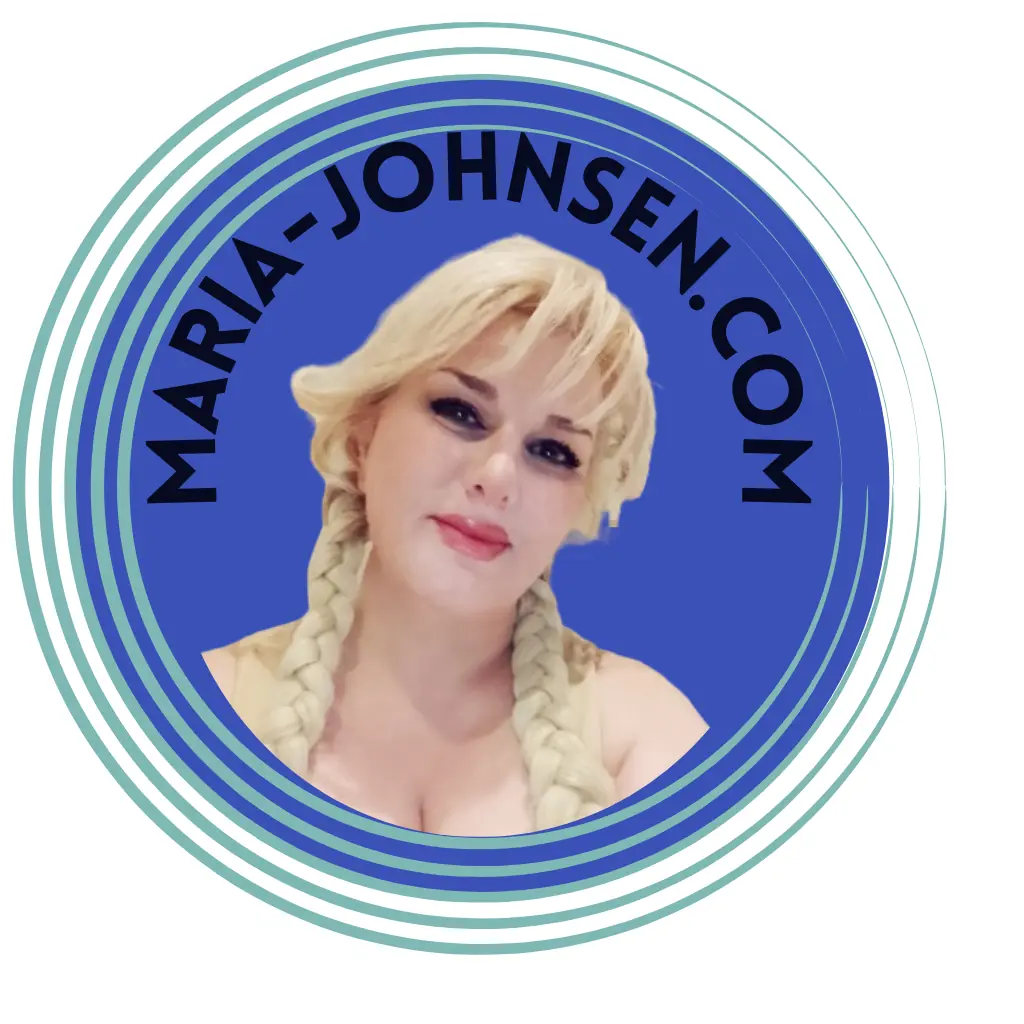
Neuroscience Reveals How Power Changes Your Brain and Behavior
Neuroscience Explains Why Leaders Often Lose Their Morals
Neuroscience Shows Power Can Kill Empathy and Boost Selfishness. Once someone tastes power, it can hit like jet fuel an intoxicating rush that rewires how they see the world. Suddenly, the rules feel more like suggestions, ethics become pliable, and self-restraint falls away. People start cutting corners, lying through their teeth in negotiations, taking what’s not theirs sometimes as trivial as snatching candy from a child. This isn’t just anecdata; researchers in California conducted experiments showing a clear pattern: those with power behave worse across the board. Money and status don’t polish character they often dull it.
Dacher Keltner, the psychologist who has made a career studying power’s effects, lays it out bluntly: power doesn’t simply swell the ego; it shrinks one’s sense of decency. Consider the evidence rich kids are statistically more likely to shoplift than their less affluent peers. Drivers in luxury cars breeze through crosswalks as if the laws were meant for someone else. When people gain power, they don’t ascend morally; they become greedier, more selfish, more reckless. It’s the cookie-eating-from-the-jar syndrome only the cookies aren’t theirs.
Neuroscience Uncovers the Brain Mechanisms Behind Power’s Dark Side
What’s perhaps more troubling is how the very nature of power itself is shifting. Influence used to be the province of charm, shared values, culture a kind of “soft power” grounded in connection. That model is eroding. Today’s power often wears the face of force, loyalty tests, and bravado. Look no further than modern politics. Donald Trump wasn’t a fluke; he set a template for a new breed of leadership one that prizes dominance over dialogue, control over connection.
Neuroscience Sheds Light on Why Power Can Make People Dangerous
This is not just an American story. Across the globe, people are growing more comfortable with leaders who behave like monarchs, not servants. A study out of King’s College London documented this alarming trend: electorates increasingly accept rulers who exercise power with iron fists rather than open hands. These supporters aren’t interested in fairness or justice. They want control keeping score, consolidating power, and staying on top.
Neuroscience Finds Power Rewires Brain Chemistry and Decision-Making
According to documents related to neuroscience, power changes you on a biological level, too. It spikes your testosterone and dials down stress hormones. That cocktail makes you more confident, more willing to take risks. Sounds good in theory until you realize it also shuts off your internal critic. Suddenly, bad ideas feel brilliant, moral boundaries fade, and you convince yourself you’re untouchable. You start believing that cheating, lying, or infidelity are no longer betrayals but just options available to someone like you.
The darker side is empathy’s disappearance. Brain scans reveal a clear pattern: the more powerful you feel, the less your brain engages in “mirroring” others’ emotions. Compassion fades, perspective narrows. In one telling experiment, people were asked to draw the letter “E” on their forehead. Those with power drew it backwards, so they could read it themselves, not others. It’s a small act, but it encapsulates a profound shift a retreat from other people’s viewpoints into a self-centered bubble.
Some neuroscience experts argue power doesn’t corrupt so much as reveal what was already inside. If you’re a decent person, power might make you bolder without warping your character. But if you’re already prone to arrogance or cruelty, power amplifies those flaws. It’s like money it doesn’t create character; it magnifies it.
Still, this makes the case for rules, checks, and transparency all the more urgent. Power tends to concentrate in individuals with dominant, narcissistic traits. Charisma and empathy may help them rise, but once at the top, those qualities often fall away. What remains is relentless focus on winning everyone else is just noise.
That’s why accountability mechanisms are critical. When the powerful stop pretending to care, when they start believing they’re beyond reproach, that’s when systems break down. And here’s the bitter truth: the real movers and shakers CEOs, lawmakers, financiers aren’t sitting in ethics seminars or taking empathy tests. They’re out there bending or breaking rules, often with a smirk.
According to some researchers in neurscience, power doesn’t just warp behavior; it insulates the powerful from consequences. Unless we watch closely, call out abuses, and demand accountability, those at the top will continue to get away with it. And that is the challenge perhaps the defining challenge of our time.
 We examine how AI is reshaping everything from national security and climate strategy to healthcare, education, transportation, and agriculture. Through real-world examples and international perspectives, this book offers policymakers, scholars, and curious readers a clear and accessible roadmap for understanding AI’s growing influence.
We examine how AI is reshaping everything from national security and climate strategy to healthcare, education, transportation, and agriculture. Through real-world examples and international perspectives, this book offers policymakers, scholars, and curious readers a clear and accessible roadmap for understanding AI’s growing influence.
Below are paperback version in back and white.
Amazon US Amazon Canada Amazon UK Amazon Australia Amazon Germany Amazon France Amazon Italy Amazon Poland Amazon Sweden Amazon Netherland
Color version hardcover: The tables and charts are in color

